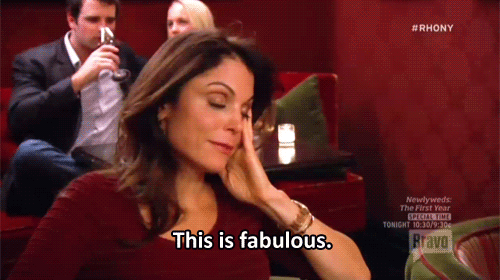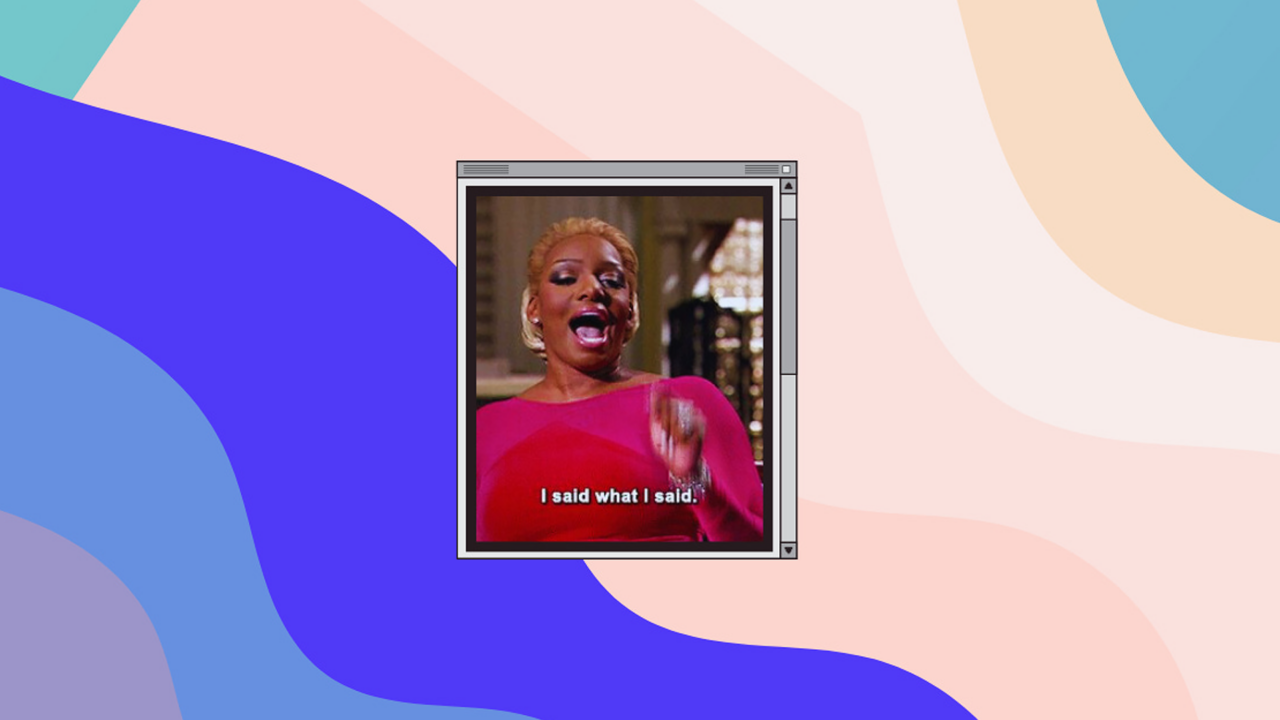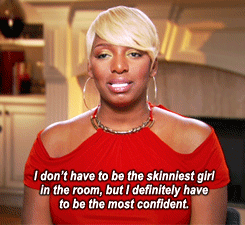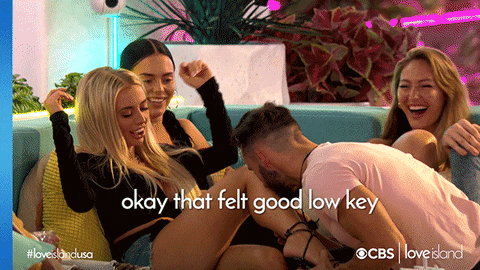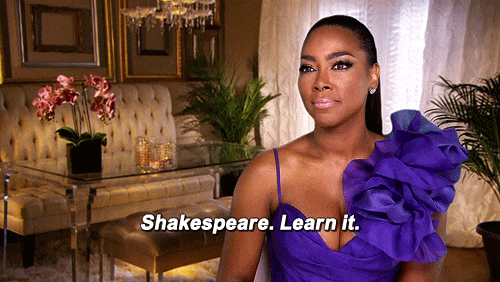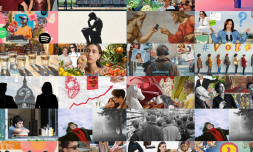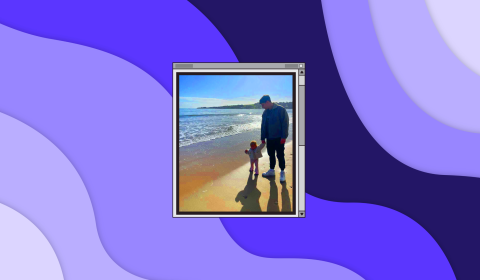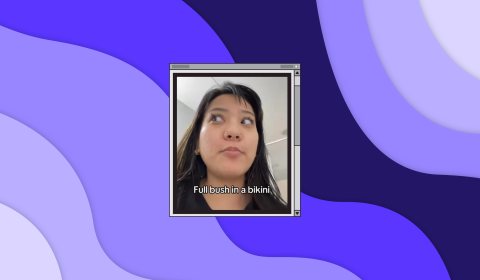some might say it makes you a better one
![]()
Let’s face it, reality television has a pretty bad reputation.
Admitting you indulge in watching humans compete for fame while going at their castmates’ throats or tongue-snogging on camera can find you on the receiving end of some seriously bombastic side eyes.
Confessing this to the wrong crowd may even see them privately knock your intellectual status down a couple pegs. ‘It’s trash!’ they’ll scoff, disgusted that you’ve even dared to raise the subject.
Discussions around reality TV can be extremely divisive, because it’s a love-it-or-hate-it genre of entertainment. I’m fully aware, because I’ve been both people in this scenario.
I couldn’t stand to watch 90 Day Fiancé because even the newest episodes have the look of being filmed in 2005. Vanderpump Rules? Well, I didn’t even care to know what that was about.
Across various visits though, I found myself sprawled out on the couch, peering over the top of my smartphone whenever moments of drama or fighting erupted on the larger screen behind it.
‘Did she just say what I think she said?’, I’d ask, eyes wide.
‘Yep, she’s always been so rude!’, my sister would reply with smirk.
Maybe I’m a simple woman, but that’s really all it takes for me to start getting invested.
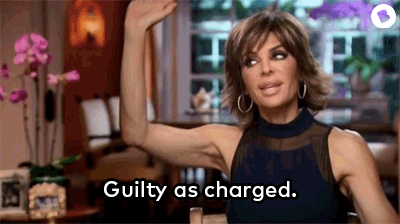
While I agree that highbrow entertainment is both enjoyable and valuable for society, engaging with it arguably demands our full and undivided attention.
Personally, I’m not going to stick on Moonlight or Normal People after a long, tiring day. That’s the kind of material I want to make time to immerse myself in. I want to know the characters and their relationships inside out, so when the plot peaks I feel it viscerally. I want to feel my little heart break in two, too.
Reality TV, on the other hand, doesn’t ask you to invest – or feel – anything tangible. You can scroll on your phone, tidy your room, and fold laundry as it drones on in the background. Missed a crucial scene because you had to pee? No problem. A flashback or recap will fill you in before you can question what’s going on.
Reality television is ‘casual watching’ defined. And while it doesn’t demand your full attention, reality TV somehow earns it.
To watch reality TV is to be a fly on the wall during people’s most vulnerable, embarrassing, tense, and silly moments. The best part? You don’t have to participate. Your stakes are literally zero.
This is starkly different to everyday life, where we’re constantly required to make moment-by-moment judgements and decisions, then act accordingly in an appropriate manner.
As a spectator of reality TV, you’re free to analyse human behaviours alone or with family and friends without having to deal with the fallout of the drama you’re bearing witness to. What a relief!
